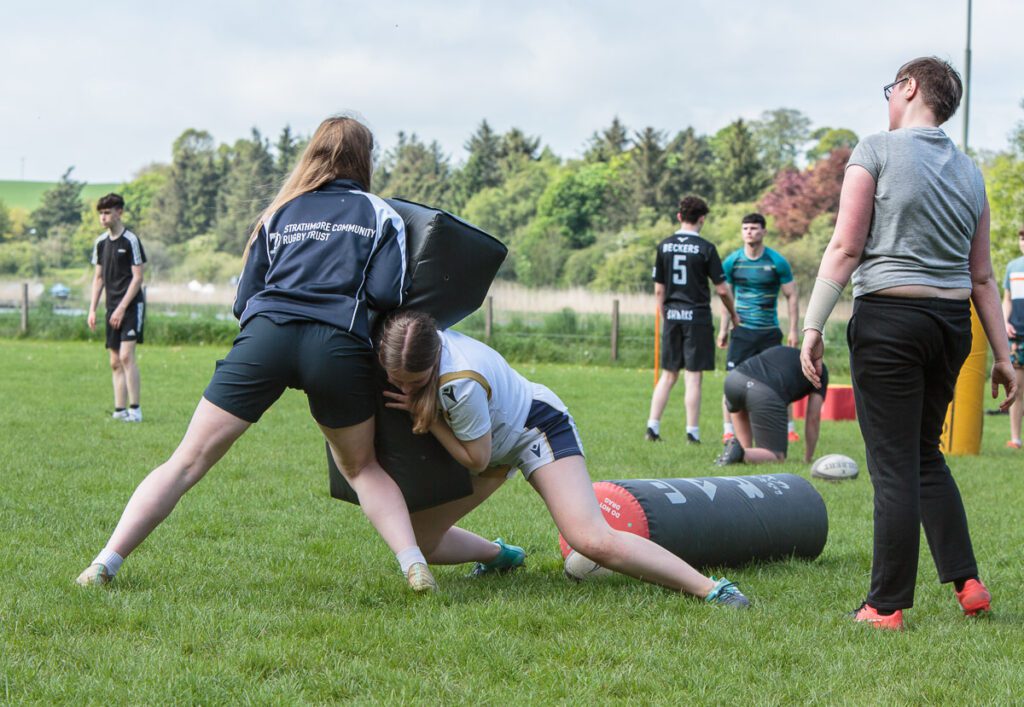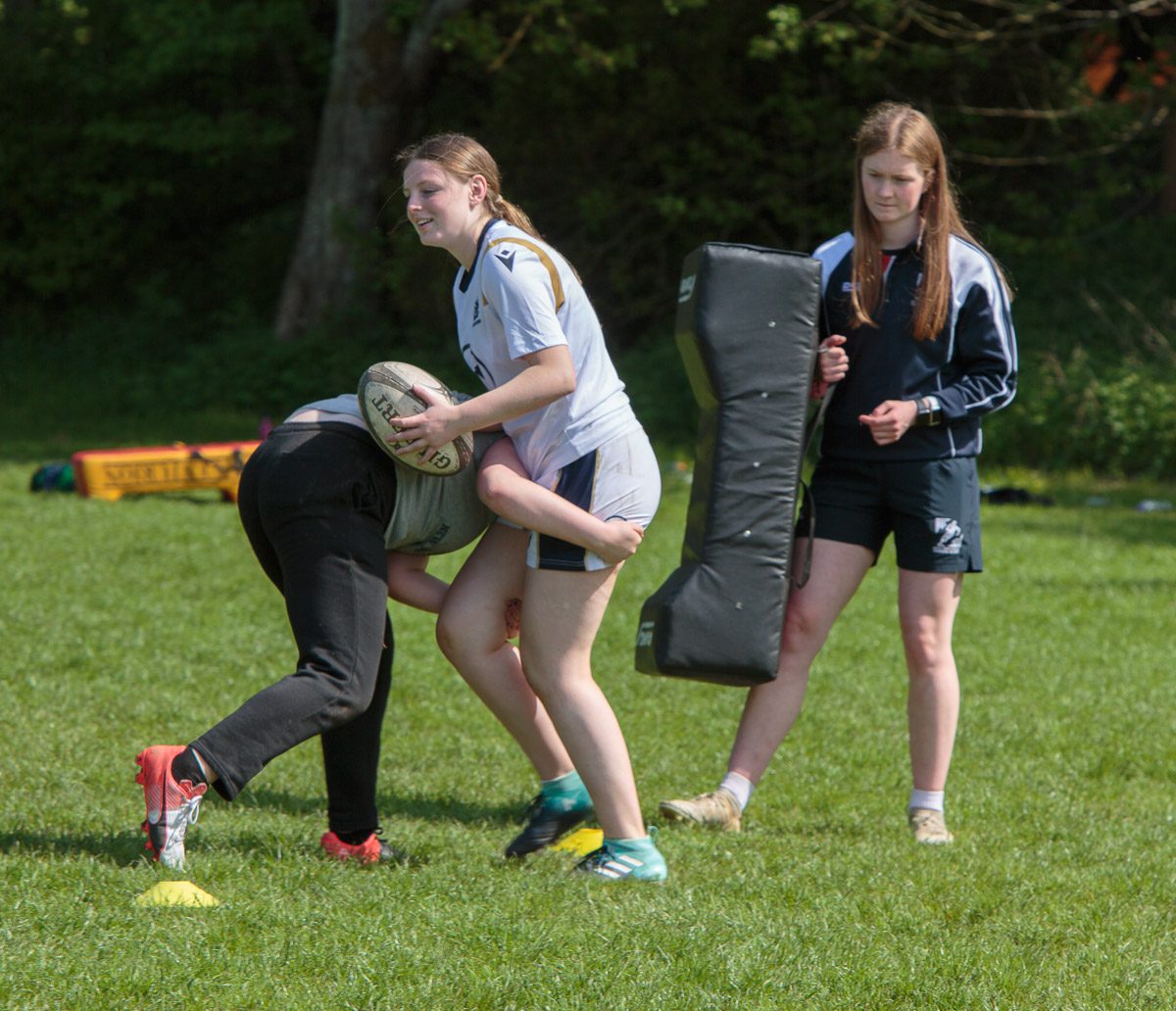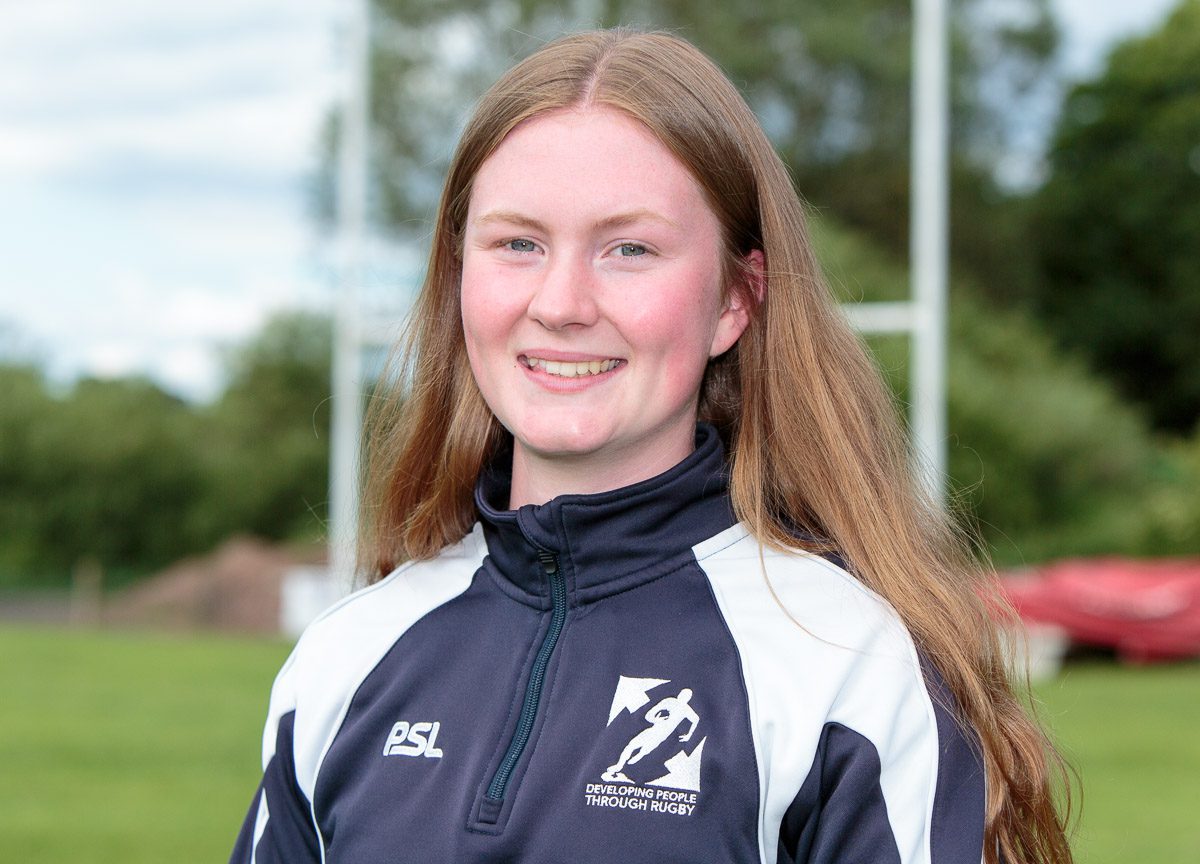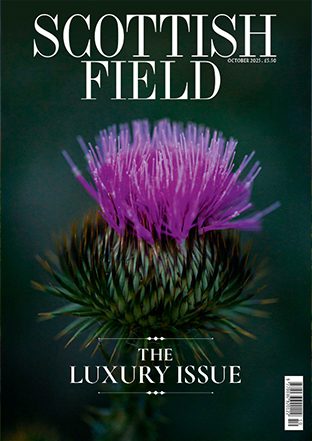
The Strathmore Community Rugby Trust: ‘Rugby has the power to change lives for the better’
By Marisha Worsnop.
Team sports can do so much more than just keeping us physically active. It can teach us important life skills such as teamwork and respect for others and create a sense of community and belonging.
Since June 2017, The Strathmore Community Rugby Trust (SCRT) has seen the potential rugby has for its adaptability, inclusivity, and opportunity to foster a healthy and unified community in the Angus and surrounding local authority areas.
The charitable organisation currently runs ten different projects, impacting between 200 and 300 participants, and tackling various societal groups such as teens at risk of becoming anti-social, children with autism, and older people who are at risk of becoming isolated.
All their projects, barring one, are free of charge for participants in order to make sure that there are no financial barriers to taking part. Therefore, they rely heavily on the community through local sponsors and donations to stay up and running.
Amongst its accolades, in 2020 the Scottish Charity Awards awarded them the Pioneering Project for paving the way and creating the first autism-friendly rugby sessions for primary school children available in Scotland. The Trust’s work also captured the interest of His Royal Highness Prince Edward, and he became the Royal Patron in 2021 and has gone not once but twice to visit.
There’s more to rugby than just chasing a ball around a field. In fact, its core values of respect, integrity and emphasis on inclusion are the foundation in making the sport so adaptable and accessible, says Maggie Lawrie, the Community Trust Manager at SCRT.
‘There’s an opportunity for everyone on a rugby pitch no matter what shape or size you are, or what your background is, you’ll get a warm welcome,’ Maggie says.
According to Maggie, the rugby world has been slower in realising the possibilities for wider social impact it could have, and that’s just what the Trust are igniting through their work.
There are elements to the sport which can be added or left out, chopped and changed, and still, something similar can exist in the place of the traditional game.
‘You still have the same rugby values throughout everything, and it forms a real community,’ Maggie says. ‘I think that’s the one thing we say with all our projects is that people feel part of something.’
Amongst SCRT’s great plethora of projects is walking rugby. Usually, it’s older members of communities or people recovering from illness and injury who take part in walking sports and while well intentioned, other walking sports such as football can test the balance and coordination of participants due to having to dribble the ball.
In comparison walking rugby allows for two feet to remain firmly on the ground, Maggie says that when ‘you take that contact element out of rugby and it’s almost like tig.’
Perhaps the Trust’s most celebrated project, autism-friendly rugby sessions for primary school children diagnosed or undergoing a diagnosis of autism and their siblings, is an inspiration to making sport more open to all.

Strathmore Community Rugby Trust’s Rugby Academy in action.
The coaches, who undergo special training, design and adapt their sessions to the participants’ sensory needs. Children with autism often crave sensory input and what ‘the rugby sessions do is they provide some of that opportunity to get deep pressure out that they’re needing as sensory seekers’ explains Maggie.
Not only do the sessions provide relief for the children, but they also give the parents and guardians the opportunity for respite and chance to meet other families living with similar circumstances. Many of the participants in the primary school sessions graduate to playing in the Youth Unified rugby team and feeling included as part of the Strathmore Rugby Club.
Since the development of the autism rugby training course, originally used for internal training, the Trust began to impart the course externally and have been able to help other organisations deliver autism-friendly sessions in other parts of the country.
‘The Trust has been in existence since June 2017, so we’re seven years old now, and in that time, we have become more and more aware of just how little opportunities there are truly autism friendly and also the lack of knowledge and opportunity to learn as well how to adapt your sessions to become autism friendly,’ Maggie says.
‘So, we’ve developed a training course, we always had this training that we had internally for our own young people that were coming through to support their development and make sure we had a sustainable supply of coaches coming through the sessions so we packaged this up and said we can deliver this to other people.’
The Harris Trust in Selkirk, Borders is just one of the examples of organisations which have taken advantage of this training and the SCRT helped them to set up their own autism-friendly rugby sessions.
‘I’ve always enjoyed supporting other people achieve their goals,’ Maggie says. ‘I’ve always worked within sport, but I’ve worked right from what we call grass roots sports so that’s people taking their first steps into whatever sport that might be, all the way up to Olympians.
‘And all the way throughout that job that I’ve done, I’ve always enjoyed helping other people achieve their aims and identifying what their aims might be. So, with what we do just now at the trust, a lot of it is about helping people.’
The Rugby Academy is at the centre of SCRT’s work. More than rugby, it works as an employability programme providing senior school pupils the opportunity to volunteer, become employed if the commitment is there, get to professional rugby level, and learn other general well-being practices.
For example, nutrition and cooking classes, fire safety sessions at the local fire station, yoga, and the chance to gain coaching and referee qualifications.
‘It is very much at the heart of everything that we do because without that project we wouldn’t have that sustainable supply of coaches coming through the system’ says Maggie. ‘This primary project is what allows for all the other projects to run and without that project’s sponsors Stracathro Estates it wouldn’t be possible.’
For 21-year-old Project Worker and Assistant Mia White, the Rugby Academy has taken her on an incredible journey. She’s been a part of the project since its very first session in 2017 as a participant.

Strathmore Community Rugby Trust Poroject Worker Mia White.
‘I was pretty rugby daft before that, so they’d gone into the schools and said there was a chance to play rugby on a Friday afternoon and I just jumped at the chance to do that and that’s how I started,’ says Mia.
She continued throughout her school career and gained coaching qualifications before starting to volunteer at the autism rugby sessions. Gradually she was offered more and more paid coaching opportunities on other projects and the chance to go in and work with the local schools.
While she was studying the role for Project Worker became available and she’s just started her second year in that role.
This further opportunity has provided Mia with valuable work experience beyond coaching. Amongst her duties she does administration, grant funding writing, the organising, running and planning of the Strathie Pups – their sessions for children aged 2-5 years old, and social media.
‘The best part of her job is that all the kids I’ve worked with for the past six years,’ Mia says.
‘Seeing the children grow up and develop so many life skills is just incredible. A lot of the kids I started working with couldn’t speak and now you can have a conversation with them, and that’s not obviously something that we’ve completely been a part of, but it’s just nice seeing that child develop and knowing we’ve been there throughout the whole journey the kids have had.
‘And the excitement of when I’m in schools, the excitement the kids have, there’s a bunch of them that every time I go to knock on the classroom door they’re running into my arms and giving me a massive hug and that’s the best bit, seeing the smile on their faces.’
Mia is just one life of many that have been positively impacted by the Trust and is also a testament to the important role young people in the community can play.
Rugby has the power to change lives for the better. The ambition of wanting to reach as many people as possible and the foundation of helping each other out are what have made the Strathmore’s rugby Trust a real community.
Read more Culture stories here.
Subscribe to read the latest issue of Scottish Field.
TAGS

